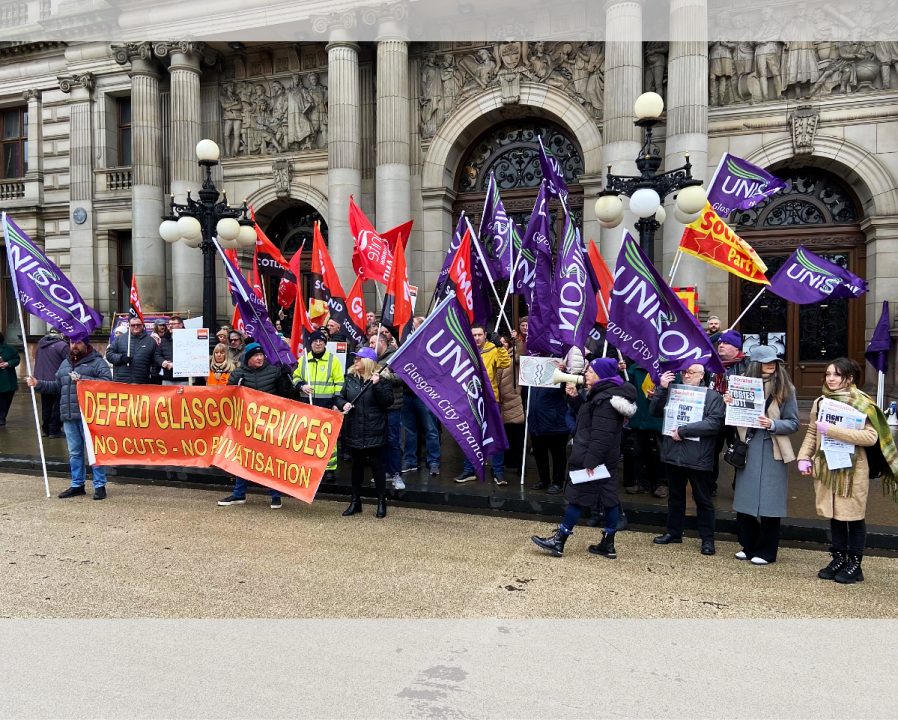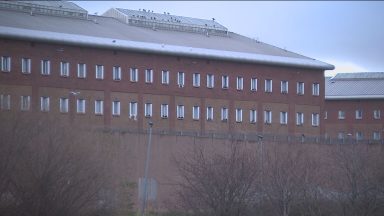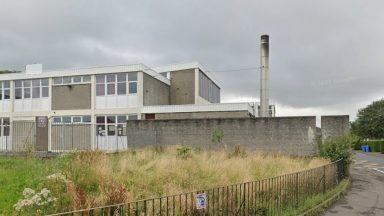Around 150 jobs are set to go after a “gravely concerning” package of cuts was agreed to help plug a financial deficit of more than £36m in Glasgow’s health and social care services.
The city’s Integration Joint Board — a partnership between the council and NHS — has approved plans to balance the budget, which will see services reduced.
Options to minimise the impact of £8.7m of the most severe social work savings — which are at risk of breaching statutory duties — will be considered following an amendment by Green councillor Jon Molyneux.
The planned cuts would see the equivalent of 90 health roles and around 62 council jobs removed, while social care support could be restricted to those deemed as “critical need only”.
More details on the impact on jobs are expected in May, but redeploying staff, not filling vacancies and voluntary redundancies will all be considered.
Introducing waiting lists for self-directed support — which gives users a say in the social care they receive — to save £4.6m has been agreed in principle, while a £3.5m cut to a “maximising independence programme”, which aims to keep people “living at home for as long as possible”, has been approved.
Charges for service users will be increased by 5% while the cost for hot meals will rise by 12.8% to “reflect increased food costs”. Staff will be set a savings target of around £8.3m for prescribing costs.
However, a plan to cut public holiday terms and conditions for workers has been dropped after a “direct intervention” from the council’s chief executive Annemarie O’Donnell due to a “pay and grading review within the council”.
Staff can claim double time for up to 12.5 public holidays per year, but it had been proposed to reduce this to 6.5.
Councillor Molyneux asked whether there had been talks with the council over the IJB — which directs the city’s health and social care partnership (HSCP) — receiving a share of expected additional funding from the Scottish Government, which he said could be between £6m and £7m.
Sharon Wearing, the HSCP’s chief finance officer, said there had been no confirmation on any extra funding and it would be a decision for the council.
It was also agreed to put £9.3m into reserves as the current level is “significantly below” a 2% target and auditors have expressed concern. Labour councillor Cecilia O’Lone said she was “uncomfortable” with money going into reserves while “we are cutting in other places”.
Ms Wearing said: “We’ve also got a responsibility to make sure that the IJB is sustainable. Our external auditors presented their audit report which showed us as ‘red’ for sustainability, so we do need to acknowledge that. We can’t ignore that.”
Chris Sermanni, from trade union Unison, said the budget is “gravely concerning”. “We would call on any voting member to take a stand and not pass these budget cuts on, because there’s going to be more next year.
“At what point does someone say I can’t do this any more?.”
The unions also criticised the amount of time for “oversight” of the proposals, with budget papers only released on Friday.
Susanne Millar, the HSCP’s chief officer, said there is a statutory responsibility to set a balanced budget. “Because of the public sector finance position that we are all in, we are not necessarily providing the optimum service that we would want to be,” she added.
“But we are providing the best service that we can with the money that’s available to us.”
She later added: “We do not have an expectation that less staff will do the same or more. Reduction in staffing numbers means that we have to change the way in which we deliver services.”
There is “little if any prospect of additional finance in the public sector”, Ms Millar said.
Margaret McCarthy, from Unison, said the union wasn’t “hearing on the ground” that staff cuts did “not mean more work” for those left. She added staff “are already on their knees”.
There is also a plan to save £13m through “vacancy management”, which Ms McCarthy said meant “leaving posts for three months before we even begin to advertise them”.
Ms Wearing said the proposed savings are “the best options from out professional view” and the “least worst options” had been presented.
Ian Bruce, chief executive of Glasgow Council for the Voluntary Sector, said he was “incredibly concerned on behalf of the organisations that we represent”.
“We keep talking about early intervention, prevention and building strengths in communities but actually the wider public sector spending environment is dramatically undermining that.”
He added third sector organisations are helping people who “would have historically been supported in public services”, and in some cases are “not equipped or designed to be operating at a level of complexity that they are operating at”.
Amendments, put forward by councillor Molyneux, were accepted by the board. They ensure more work will be done to “minimise or mitigate the risk of breaching statutory duties” by making the agreed savings.
He also added that the board should carry out “enhanced consultation and oversight of high risk proposals”, including with disabled people, older people and women’s organisations.
Three Labour councillors — councillor O’Lone, councillor Dempsey and councillor Elaine McDougall — did not agree to the amended budget. They criticised the amount of time members had to consider the changes.
Cllr Audrey Dempsey, Labour, added services are “stretched to the limit”. “I’m not sure how much more Glasgow can take; the people, the services, the staff, everybody is buckled.”
A motion, also presented by councillor Molyneux, was voted through by nine votes to six, and stated the IJB “deeply regrets the need to make savings which risk statutory duties and believes all options to reduce or avoid the need for them should be explored”.
It added the IJB chairman, councillor Chris Cunningham, SNP, should write to the council to ask for talks over more funding and also request the NHS considers options to increase its allocation.
The financial shortfall faced by the IJB does not include the estimated £53.4m cost of dealing with the Home Office’s decision to speed up the processing of asylum claims. Officials reported the council is preparing a plan to meet these costs.
Follow STV News on WhatsApp
Scan the QR code on your mobile device for all the latest news from around the country


 Unison
Unison
























